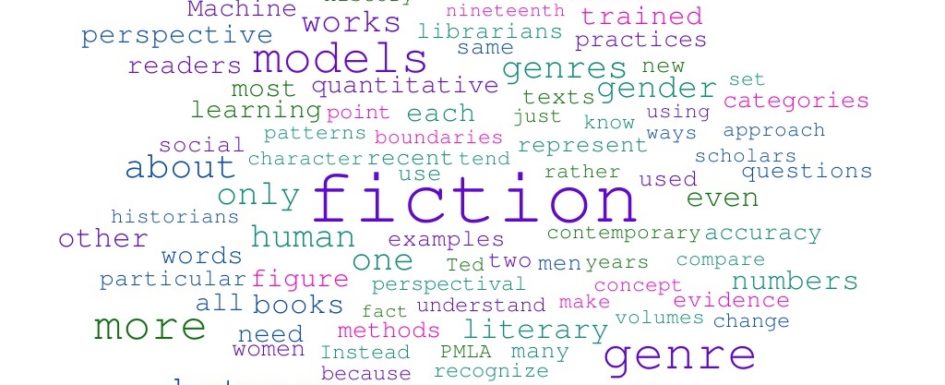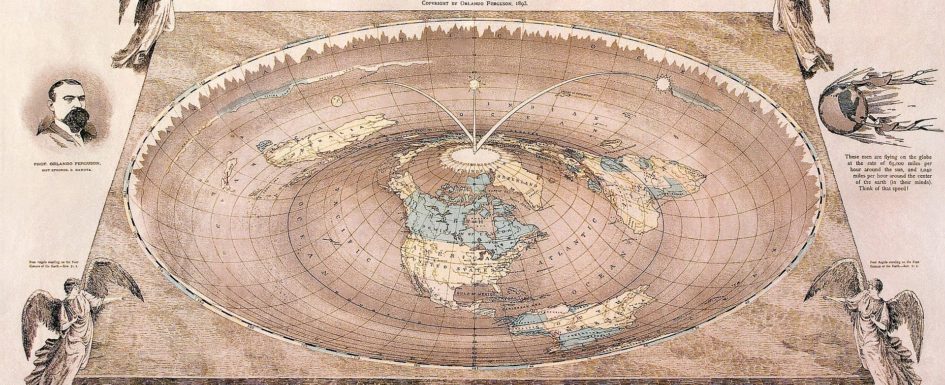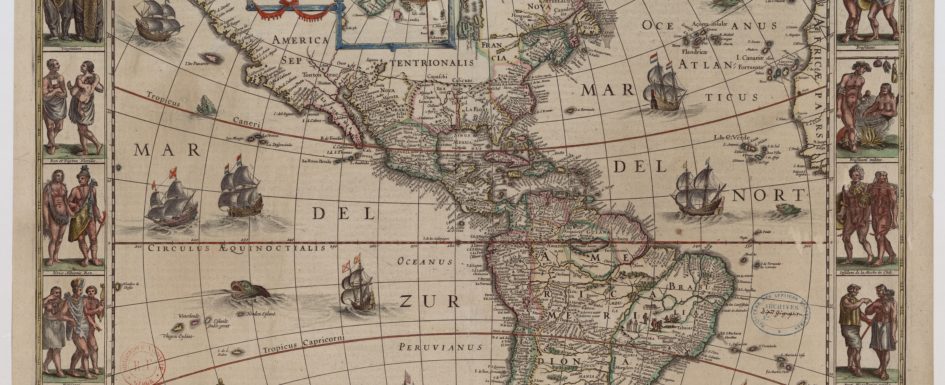Tradition and Practition
Who lets math organize their life? Drawing of the top view of the Pascaline and overview its mechanism, 1779, Oeuvres de Blaise Pascal. “…technical practices in mathematics and philosophy in turn offered important tools for cultivating truer forms of spiritual and mental nobility. These practices enabled mathematics and natural philosophy to transform, discipline, and train the intellect, the senses, and the affects, and they put these trained faculties at the heart of organizing one’s life.” (PG9-Good Life Scientific Revolution) On October 9th, 2019, Dr. Matthew Jones, visited the Mellon Sawyer Seminar group to discuss how his work in the history of science and technology relates to, makes use of, and critically examines “data” and its artefacts. Themes of collaboration and ethics are two threads that run throughout Dr. Jones’ work, though these terms take on radically different meanings as a result of shifting socio-temporal contexts. His work covers an expansive time period, ranging from early modern inventions to contemporary concerns about digital privacy and surveillance. The social nature of knowledge production and innovation were woven throughout our conversations with Dr. Jones. Highlighting collaborations between artisans and inventors in the mechanization of calculation (rather than narratives about exceptional individuals) is representative of a broader shift in historical study. Scholars from many fields have been moving away from the figure of the individual genius towards recognizing a more complicated and collaborative model of innovation. Similar reconceptions are happening within the contemporary discipline of digital humanities, as scholars strive to repatriate the credit for early experiments with computing to Read More



